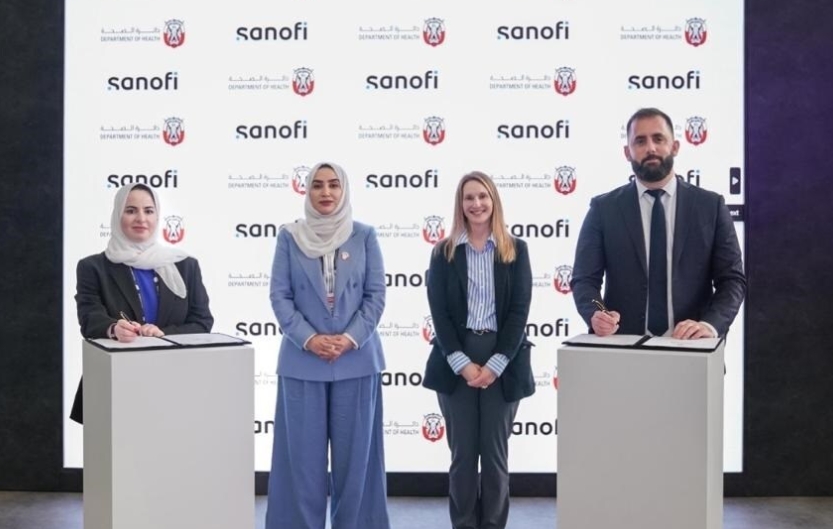
Image credit: shutterstock
Australian pharmaceutical company Phebra and the University of Wollongong (UOW) have announced a new six-year collaboration agreement to continue promising research and development (R&D) and trials of patented and targeted arsenic compounds for the treatment of acute myeloid leukemias and pancreatic cancer.
The University’s medicinal chemistry research group, headed by Associate Professor Carolyn Dillon, commenced collaborations with Phebra in 2016. The patent for the anti-cancer agent was invented by Associate Professor Dillon and Dr Judith Carrall and was published in 2019. The new molecule uses a targeting system to deliver very low amounts of the active ingredient arsenic to specific cancers so that we can reduce the off target side effects and expand the therapeutic potential to difficult to treat cancers. The drug has shown positive outcomes in acute myeloid leukemia (AML) and pancreatic cell lines.
Phebra has already developed, PHENASEN, an injectable arsenic trioxide solution for the successful treatment of haematological cancers such as acute promyelocytic leukaemia (APL). PHENASEN is exported worldwide by Phebra to the Americas, Europe, UK, Africa and Oceania. The company has also completed a successful bioequivalence trial of an oral version of PHENASEN in Australia.
UOW Deputy Vice-Chancellor and Vice-President (Research and Sustainable Futures) Professor David Currow said, “By bridging academia and industry, such partnerships foster a dynamic exchange of knowledge, ideas, and resources. These collaborations drive real-world impact and have the potential to propel medicine forward in remarkable ways.”




